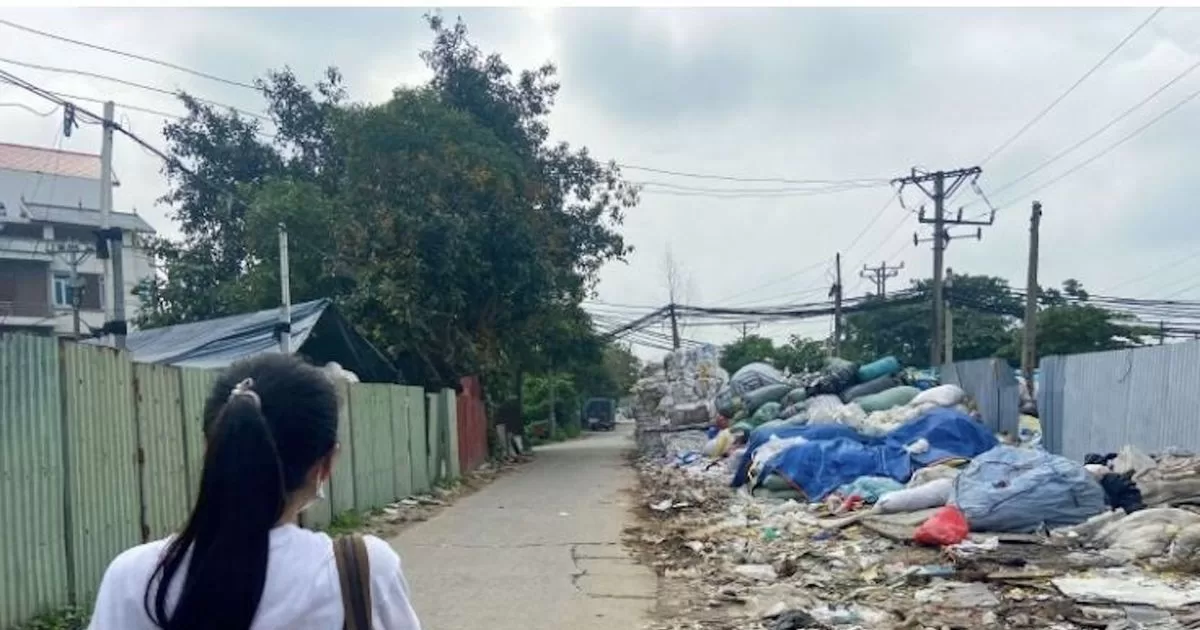MIAMI.- A large percentage of the european plastic exported cannot be recycled and is disposed of in the naturedespite the strict regulations of the European Union.
This is what new research led by Kaustubh Thapa of Utrecht University has found, focusing on Vietnam where there is little oversight of plastic waste shipped from the European Union.
About half of Europe’s plastic waste is exported to several countries in the global south, including Vietnam. A research team from Utrecht University ventured to Minh Khai Craft Village, Vietnam’s largest recycling centre, to follow the path of European plastic recycling.
“We observed people cooking, eating and living inside the recycling facility, surrounded by the harmful fumes of melted plastic. Children played in this suffocating environment,” says lead researcher Kaustubh Thapa in a statement.
“While this type of waste trade is profitable for some, transferring producers’ responsibility for waste management to villages like these causes harm to people, communities and the environment,” he added.
UN negotiations for an international plastics treaty are currently underway. Thapa’s new research shows the striking contrast between Vietnamese and European policies and the realities of recycling centers in the Global South.
“European consumers are making efforts to separate recycling, but we can clearly see that their efforts, to a considerable extent, are in vain,” says Thapa. He adds that “focusing on increasing recycling rates in the EU without systematically addressing the associated human and environmental harm along the entire value chain is neither ethical, circular nor sustainable.”
The researchers are not without hope: they believe that outsourcing plastic waste for recycling is possible in a sustainable way. “The European Green New Deal, its Circular Economy Action Plan and the ongoing UN talks on a legally binding Global Plastics Treaty cannot ignore our conclusions. As we consume more and therefore generate more waste, the trade in waste for recycling needs to be addressed at a systematic level,” concludes Thapa.
Source: EUROPA PRESS


